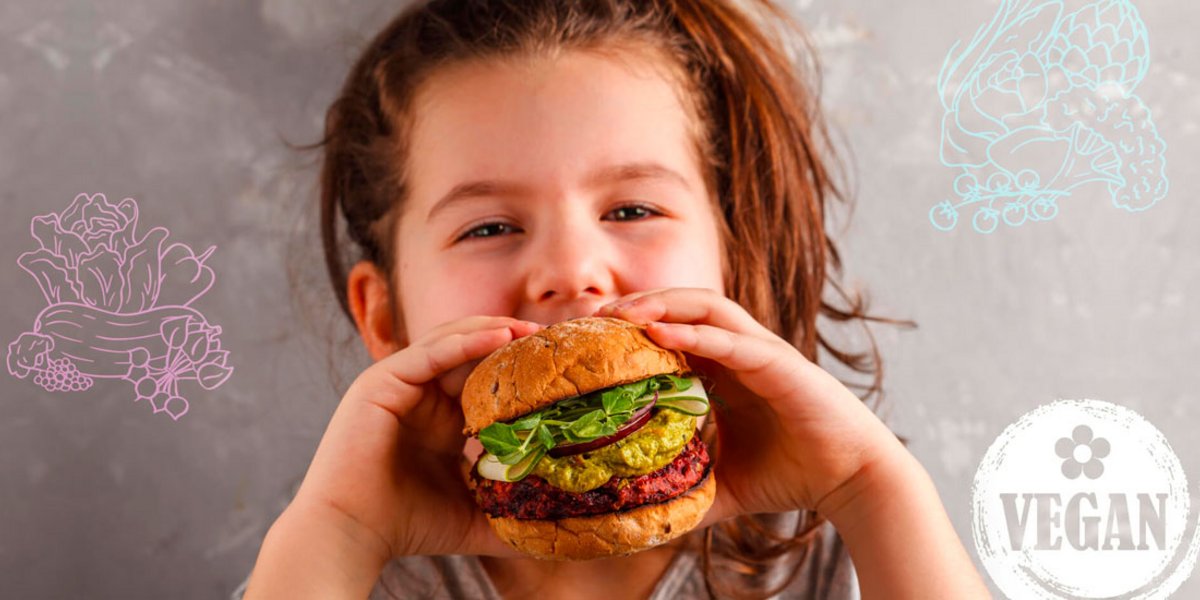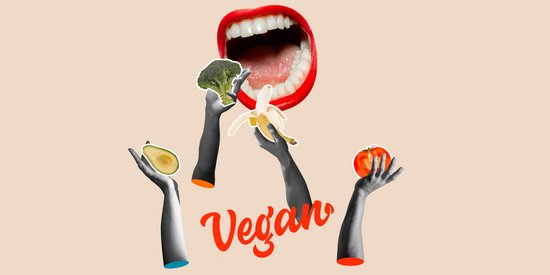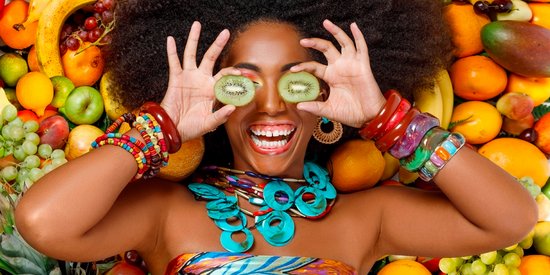This is a question that many parents ask themselves.
For reasons that are at very least ethical, vegans do not consume any products from the animal kingdom. No meat, no eggs, no milk. Could that not expose us to dietary deficiencies in the absence of adequate nourishment?
Do our bodies need vitamin B12 supplements?
Draft legislation in Italy is looking to ban this diet for children. Should this make us stop and think?
If we take into consideration the influences and rapid progress in the world, should we still consider a vegan diet as being severe or sectarian?
In the article that follows, we try to answer all these questions. Both concerning vegan parents who would like to bring their children up using this method and also parents who are confronted with a serious dilemma when facing a child who no longer wishes to eat a single animal. If you are not a vegan yourself, you might also like our article "Going vegan, shall we get started?"
Is it dangerous to impose a vegan diet on your child?
Most of the time, when you hear about someone switching to a vegan diet, you usually think of an adult. But have you ever thought about the number of kids who become vegan every year? Most people tend to forget about the children who make the transition to veganism, which is perfectly normal. Adults are usually the ones who receive the most attention, but there are some particular issues which children tend to encounter and these can be overcome. It is possible to get your child to successfully adopt a vegan diet, but with some handy tips, it will be much easier than you had imagined.
The actual age of your child will have a huge impact on the simplicity of the process. Of course, if you start with a very young baby, they will not know what they are missing. However, older children and even teenagers can be extremely obstinate. This means that you may need to attempt a bribe in order to make them consider veganism as an excellent opportunity. If your child has been raised in the usual way with meat and other animal products for years, it is best to start by gradually removing these foods from their normal diet. Making a sudden change that is radical will almost always create rebellious and very disgruntled children
You should also take a few minutes to sit with the children to explain what you are doing and how it can help the animals. This small amount of information is often all that is needed to achieve the desired impact for many children. For other children, this could be a recipe for disaster. Try to consider the exact personality of your child before taking this step to make sure that it will be a wise move for your situation.
Another key element is finding ways to actually involve your child
If you ask for advice on choosing the fruits and vegetables they like, you will find that they are much more receptive to change. You might, for example be able to get them excited, intretested and participating in choosing local and seasonal fruit and vegetables, which may have a higher nutritious content. However, if you make yourself busy forcing them to accept the new diet, you will again face great resistance and stress. Making your child excited about change is something that will really help to smooth the whole process.
You should also look for specific tasks that your child can do. From helping with selecting certain meals for the menu, to helping you make purchases and even researching new recipes. If your child feels involved and has a say in preparing meals, he or she is more likely to be open to the new foods you want them to try. Simply putting dishes on the table that your child has never seen before will probably not be a good solution at one point or another.
It is also important to remember that not all children adapt easily to change.
The vegan diet must not be improvised, we have to think that every parent must have a thorough knowledge of nutrition to avoid putting their child in danger.
If the danger becomes palpable, it will still be necessary to respect a very scholarly balance between the different sources of cereal and vegetable proteins to maintain an effective intake of amino acids, with protein intake being essential.
The child's diet should be rich enough in the vegetable proteins which provide the eight amino acids which are essential to the proper functioning of the body for children.
All the deficiencies to watch out for:
It is not uncommon to see vegans exposed to calcium deficiency, or to zinc or iron deficiencies.
To act with caution and to avoid deficiencies, you may be advised to take a vitamin C supplement which will help you with better digestion.
Mandatory vitamin B12 supplementation
It is obvious that this restrictive diet excludes many kinds of foods. A child may be exposed to some serious deficiencies, including vitamin B12, which is present only in animal products.
This is one of the rules that vegans are familiar with, and it is not uncommon for children or adults to supplement this vitamin, which is ssential for the functioning of the nervous system and the digestive tract.
Our advice:
It is very important that you liaise with the doctor treating your child, or your paediatrician, who will accompany you on your journey.
And of course, in the case where the choice is that of your child's, continue to prove how much you understand, and whatever these choices are, it will be important to support your child .... even if they are not the same choices as your own...







